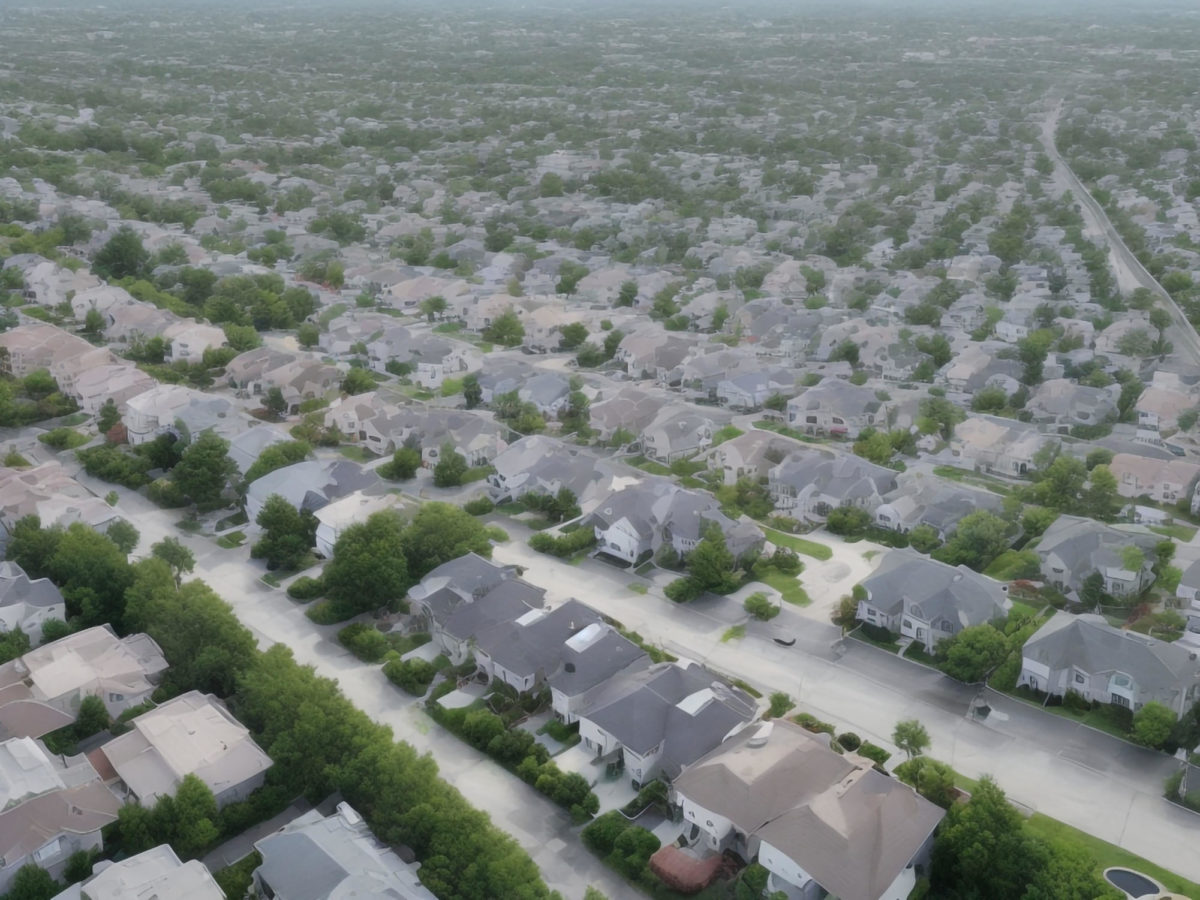“Vote with your wallet; do your part.”
Phrases like these are parroted by well-meaning, but ultimately misguided people who think that by changing their patterns of consumption, they are somehow enacting real world change. While people who promote this have their hearts in the right place, this mindset is flat out wrong. In a system where profit is king, the lack of consumers for a particular product will not hurt the companies’ profits, nor will it lessen their practices in the long run.
A company’s primary goal is profit, both for themselves and for their shareholders. Therefore, a slight decline in consumers will normally result in them raising prices rather than giving in to the demands of “activists.” However, this is assuming the changes in consumer’s choices are impactful enough to affect a company in the first place, which has shown to not be the case at all.
More importantly, the less environmentally conscious option is almost always the cheaper one. In a world where the majority of the world’s population lives near or under the poverty line, it’s simply impossible to make any major improvement by just focusing on those who have the money to buy eco-friendly products. Major examples of this are products marketed as “eco-friendly” alternatives, such as Tesla vehicles, Hydroflasks and paper straws. While there’s no harm in paying an extra buck for a slightly less environmentally harmful product, it simply isn’t effective, and that’s if their product is truly “eco-friendly” .
A prime example of this idealism is electric cars. Despite being made popular as an “eco-friendly” alternative to gasoline-fueled vehicles, mainstream car companies that rely on gasoline-fueled cars are still rising in profits, leading companies to continue producing gasoline-fueled cars instead of moving away from them like people thought they would. This shows how introducing “progressive” alternatives to the market only serves to create new bubbles for old industries. This “activism” for electric cars only serves as a means to make profits for Tesla and Rivian. The short term solution for this would be to move away from cars and toward public transportation like trains, and radically change how cities are designed to move away from a car centered infrastructure.
There has been a huge change in the narrative on climate change since it became a well known issue. The discourse went from correctly acknowledging the cause, which is the profit motive dictating how resources are extracted, to merely faulting people for not knowing what they’re buying. This change in discussion wasn’t by accident however, as oil companies spent billions on advertisements showing how much they care about climate change (despite the fact that they’ve known about their extraction processes affect on the climate since the 70s) while producing and profiting off fossil fuels more than ever. Evidently, it worked just as intended, as climate activists started changing their view on individualist acts like recycling and green consumerism.
Collective problems require collective solutions, and we need to set our sights on the real enemy, not their chosen distractions.





















